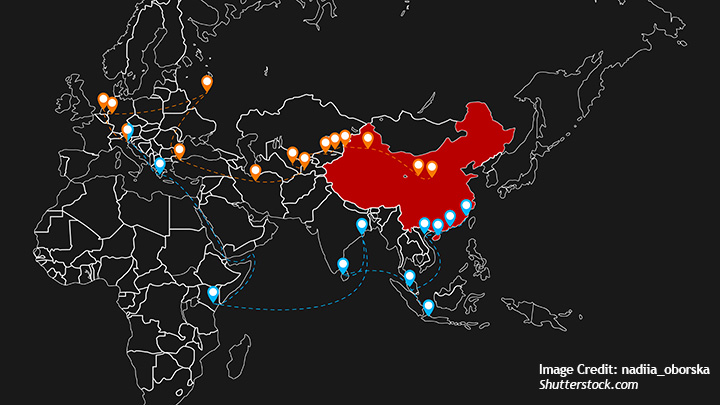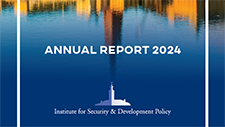One Belt, One Road: Changing Asian Geo-Politics and India

Raviprasad Narayanan
Abstract:
The ‘One Belt One Road’ (OBOR) has remarkably transformed discourse on geopolitics within the Asian context. As an initiative, the OBOR has embedded within itself a peculiar dynamic that propels China as the primary determinant of geopolitical cross-currents in Asia. Evolving into being termed ‘Belt and Road Initiative’ (BRI), this paper adheres to OBOR as primary reference, continuous in its metaphorical and temporal usage. Having won accolades and criticisms, Beijing is determined to construct a new ‘frame’ and ‘template’ for Asia, bypassing existing ‘structures’ and institutions. As scholars, the questions that arise from the OBOR are many: How is the OBOR different from existing arrangements? Why is Beijing highlighting OBOR and is it any different from earlier half-hearted attempts at knitting the region in a seamless manner? What are the theoretical implications of the OBOR? Is the OBOR an atypical construct or one that adheres to existing normative constructs? Will OBOR outlast the current leadership in Beijing with the individual stamp of Xi Jinping bearing a huge imprint on this initiative? What about India’s foreign policy decision-making? This new frame has to take into account the closer relations evolving between the United States and India — a relationship by no stretch of imagination without its discontinuities. This paper will dwell at length on this equation. For OBOR to be explicated, it necessitates the adoption of several approaches to tease the arguments — in favor and against — and this paper will strive to adopt a critical stance in evaluating OBOR theoretically, and in practice with a bearing on generating a prognosis for India.
Related Publications
-
ISDP Annual Report 2024
ISDP’s Annual Report for the year 2024. 2024 has been a tumultuous year, in which tensions have been continuously mounting and conflicts have been raging. Many of these developments have […]
-
Navigating Power in Asia: Insights into Regional Order Japan’s Role as a Middle Power in Asian Diplomacy: An Interview with PROF. KEI KOGA
Kei Koga is an Associate Professor at the Public Policy and Global Affairs Programme, School of Social Sciences, Nanyang Technological University (NTU). Concurrently, he is a Non-resident Fellow at the […]
-
Could India’s relationship with China change under the new Modi government?
As the Indian Prime Minister Narendra Modi forms a new government for the consecutive third time after the BJP-led National Democratic Alliance (NDA) coalition secured a comfortable majority in the […]
-
To What Extent is China a ‘Security Threat’?
The current international order, led by the United States, is undergoing phenomenal political, economic, and security changes that will decide whether the order will continue as it is, or a […]
-
Positive Paranoia: Chinese Interpretations of Indo-Pacific Geopolitics
This Focus Asia paper seeks to interpret Chinese narratives on Indo-Pacific geopolitics by reviewing Chinese state media and scholarly opinions on Indo-Pacific geopolitics. For this purpose, the paper also examines […]




